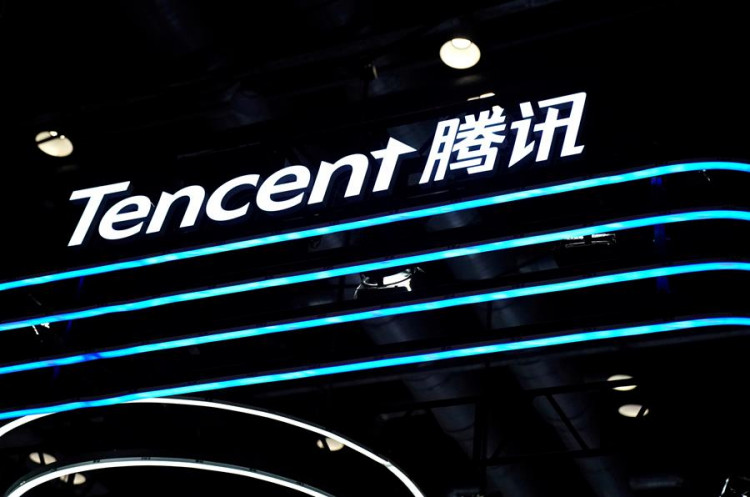Since many years ago, Tencent Holding Ltd. has made investments mostly in the onshore market in hundreds of emerging companies. It has traditionally invested as a passive financial investor and purchased minority holdings.
As the tech company seeks global expansion to counteract slowing growth at home in China, Tencent is readjusting its M&A strategy to focus more on buying majority holdings primarily in foreign gaming companies, according to sources with direct knowledge of the situation.
However, it is now actively pursuing majority or even controlling holdings in foreign targets, particularly in gaming assets in Europe. The change occurs as the top gaming company in the world by revenue looks to international markets for future expansion, which, according to the sources, necessitates a solid portfolio of top-grossing titles.
Tencent's new strategy demonstrates how China's internet giants are trying to come out from under the regulatory shadows after two years of restrictions and unpredictability that hurt their domestic sales and led to a sharp decline in their stock prices. Apart from the core gaming industry, Tencent is also seeking to acquire international assets connected to the so-called metaverse, particularly in Europe.
Long before any new restrictions in China existed, the corporation has been investing abroad. Without going into further detail, the company stated that it seeks out "innovative companies with talented management teams" and allows them space to develop autonomously. Tencent is vying for larger shares in gaming companies at the same time that Microsoft, Sony, and Amazon are buying up gaming assets and related intellectual property.
On a post-earnings call in August, Tencent's chief strategy officer, James Mitchell, stated that the company would continue to be aggressive in acquiring new game companies abroad.
"In terms of the game business, our strategy is ... to focus on developing our capabilities, especially in the international market," he said. "We will continue to be very active in terms of acquiring new game studios outside China."
The Ubisoft deal comes just after wealthy Tencent purchased Sybo Games, located in Copenhagen and the creator of the popular mobile game Subway Surfer, in June. In August, Tencent also acquired a 16.25% interest in Japan's "Elden Ring" producer FromSoftware. One of Tencent's major international purchases since the government crackdown in late 2020 was its announcement last year that it would acquire British videogame company Sumo in a $1.3 billion deal.
In addition, Tencent wants to invest more money and expand its business operations in Southeast Asia since it believes that the 650 million-person region has the potential to emulate China's internet development.






